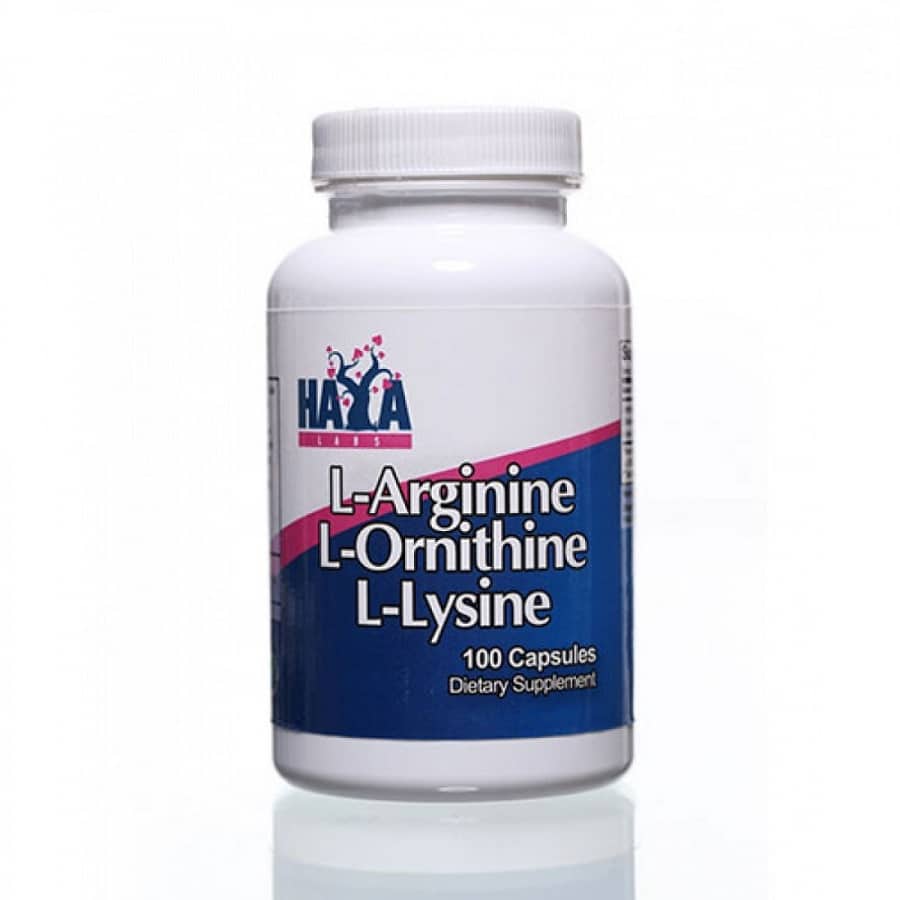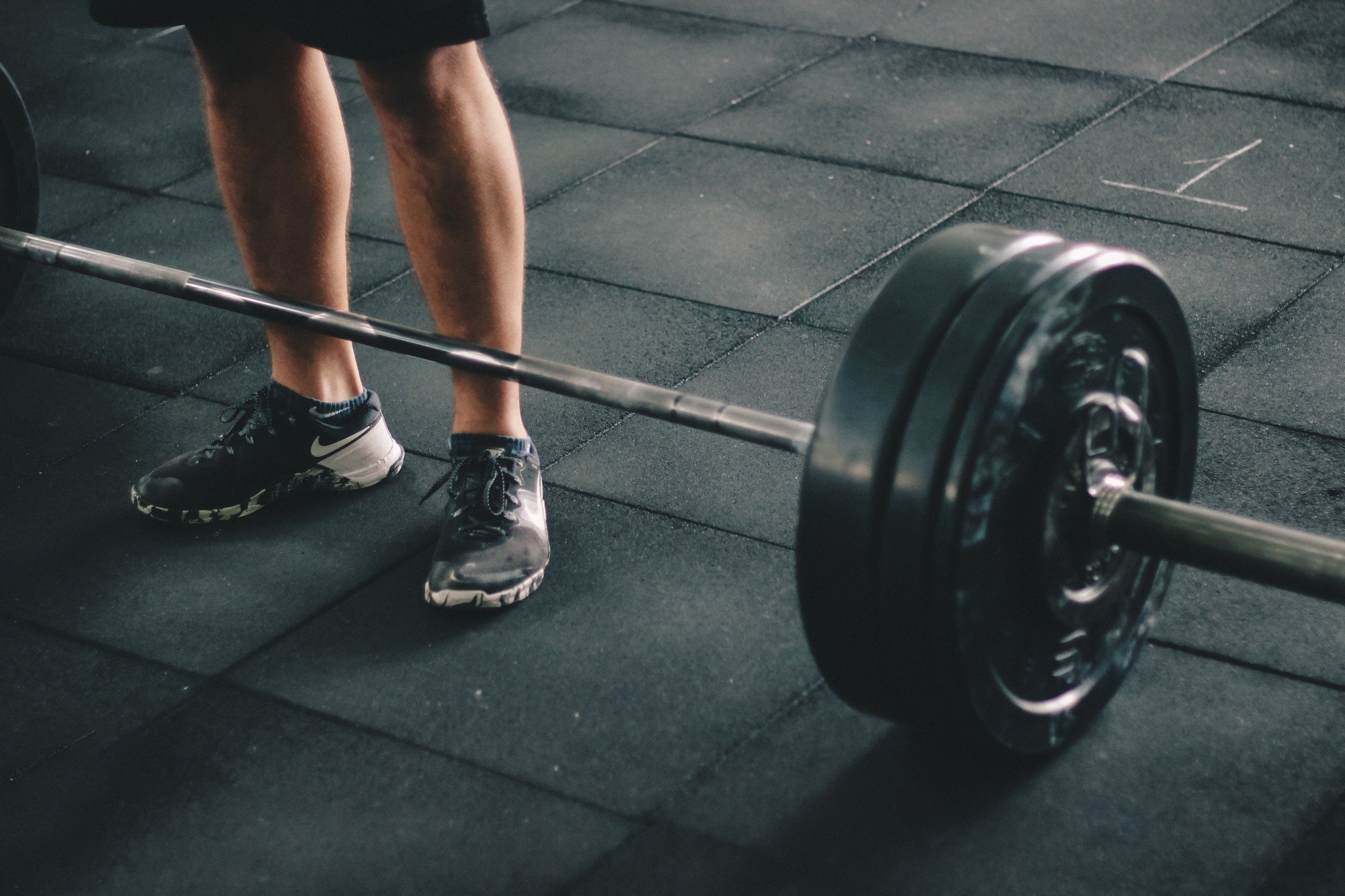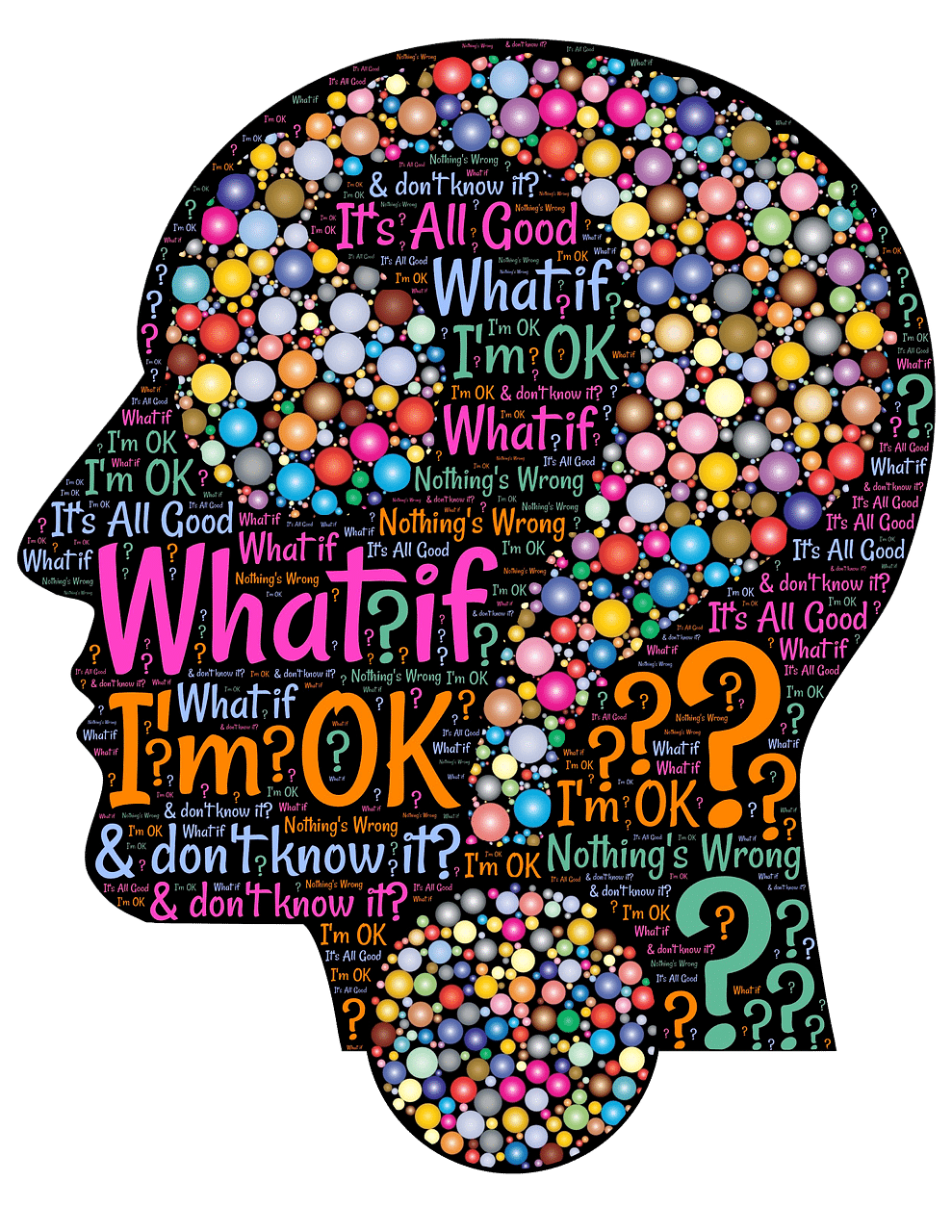Anxiety disorders are rampant in the U.S., affecting more than 40 million people over the age of 18. Many people who struggle with anxiety are unable to find relief from conventional drugs, as the most commonly prescribed treatments are SSRIs that are designed to remedy depressive symptoms but have mixed results with anxiety symptoms. If you’re struggling to take control of your anxiety, a number of natural solutions may be able to help.

1. CBD Oil
Cannabidiol, more commonly known as CBD, is a compound in the cannabis plant that has shown tremendous promise for treating anxiety. In fact, one 2010 study found that CBD “significantly reduced subjective anxiety” in test subjects and improved activity in the areas of the brain associated with calm and well-being. CBD is available in numerous preparations, including edibles, vape juices, and capsules. One of the most effective ways to absorb the compound—especially for beginners—is with a CBD tincture, as the liquid is highly concentrated and potent while requiring only a small dose.

2. Omega-3 Supplementation
Research has found that generalized anxiety is often associated with higher levels of omega-6 fatty acids and lower levels of omega-3 fatty acids. Researchers have observed a reduction in anxiety symptoms when omega-3s are supplemented. In one double-blind 12-week study conducted by Ohio State University and published by the journal Brain, Behavior, and Immunity, researchers found that the participants supplementing omega-3s had their anxiety reduced by as much as 20% whereas the placebo group saw no measurable change in anxiety levels. Omega-3s are commonly found in fish, but over-the-counter supplements are also available.

3. L-lysine and L-arginine Supplementation
L-lysine is an amino acid commonly found in meats like lamb and beef, certain cheeses, and fish. A lysine deficiency has been associated with anxiety symptoms, so if you’re struggling to overcome your anxiety, you may want to consider an L-lysine supplement. However, research shows that the supplement may be more effective when combined with a second amino acid: L-arginine. A 2007 study from Tokyo, Japan, demonstrated a significant reduction in anxiety symptoms among lysine-deficient participants who supplemented both L-lysine and L-arginine, each at 2.64 grams per day.

4. Physical Exercise
This one will require a bit of work, but there’s a wide body of research confirming a positive link between regular physical activity and anxiety reduction. It’s believed that exercise reduces anxiety thanks to the release of specific neurotransmitters in the brain that produce a natural high. In fact, physical activity causes the brain to release endogenous cannabinoids, which elevate mood. Even if you don’t consider yourself the most physically fit, that’s okay. Research shows that a 10-minute walk can unlock the same benefits as a 45-minute workout, and in one study, participants who regularly exercised were 25% less likely to experience anxiety symptoms over a five-year period than their sedentary counterparts.

